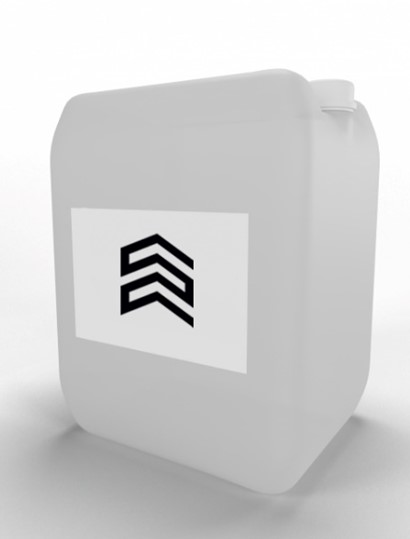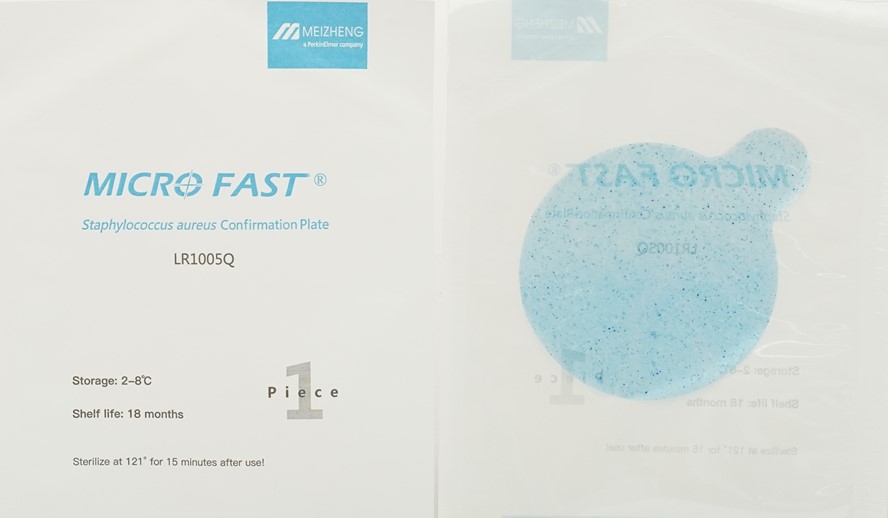"Kommersant" learned about the plans of producers to replace the Russians with whiskey rum
In the face of reduced imports, Russian producers of strong alcohol are expanding their range, Kommersant writes. In the nine months of 2022, 36 new local whiskey brands, 20 local gin brands and 13 liquor brands entered the market, the newspaper writes, citing NielsenIQ data.
Another niche that Russian producers are actively developing is the production of rum, especially since there are many suppliers of rum spirits, but their quality varies greatly, the newspaper notes.
The Beluga Group, which produces rum under the Devil's Island brand, told the publication that the main supplier of spirits for rum is the Dominican Barcelo.
The company Ladoga told the publication that they began producing Armator rum in the fall of 2022 and plan to expand the range in the category. The Alcoholic Siberian group is going to release its own rum from imported Caribbean spirits this year.
Importers have stated the risk of a shortage of tequila,bourbon and cognac for the New Year Business
The Rust Group reported that they were negotiating with several rum suppliers from the Caribbean.
Tula distillery 1911 launches bottling of two brands of rum Cristoforo and John Silver. They will be made from aged distillates supplied from the Dominican Republic.
Read pioneerprodukt.by The Fed slowed down the pace of rate hikes. What awaits the markets and the economy Housing prices are falling around the world. What does this mean for the economy “She annoyed everyone, and I fired her”: how do employees piss off bosses Without VAT and the usual duties:The newspaper cites NielsenIQ data that in 2022, sales of rum in Russia grew by 1.7% in volume and by 10% in money year-on-year. Gin sales in volume terms grew by 41% during this period, while whiskey sales decreased by 6.6% year-on-year.
As RBC wrote in November 2022, alcohol importers are faced with a shortage of supplies of popular brands of alcoholic beverages that were previously imported from abroad. Then the demand for sparkling wines, French cognac and Scotch whiskey increased, but the lion's share in these categories was occupied by foreign brands that left the market under the influence of anti-Russian sanctions.
“Scarce types of imported products are leaving, as they say, off the wheels: we barely have time to bring in, carry out a laboratory check, customs clearance and pasting with [excise] stamps, as within a couple of days the goods go to quotas and leave for customers,” the DIRECTOR of development of the company Ladoga Dmitry Isachenkov.
What happened to the supply of alcohol in 2022
Sanctions imposed against Russia after the start of a special military operation in Ukraine have also affected the EXPORT of alcoholic beverages. The supply of alcohol to the Russian market was banned by the United States , Australia (for all wine products), as well as all EU members (the ban only affected wines over €300). New Zealand announced a ban on the supply of wine to Russia.
Such companies as Diageo (brands Johnnie Walker, Baileys, etc.), LVMH (Hennessy, Moët & Chandon, Bacardi Limited), Pernod Ricard (Chivas Regal, Jameson, Absolut , Ararat) and Brown Forman (Jack Daniel's whiskey and Finlandia vodka). The Union of Champagne Winemakers refrained from deliveries to Russia.
In early October, large federal networks, according to the Association of Retail Companies, began to run out of foreign alcohol stocks. Mostly it was about strong alcohol and champagne wines of popular brands: Jack Daniel's, Aberfeldy, Grants, Dewar's whiskey, Bacardi rum, Baileys, Sheridan's liqueurs, European brands of cognac and tequila.
In early November, the Ministry of Industry and Trade included about 40 alcohol brands in the list of goods allowed for parallel imports. Nevertheless, as Leonid Rafailov, the owner of the AST wine distributor, notes, the companies will not be able to agree on the supply of these products by the New Year season, but most importantly, he considers this permission an inefficient step in working with foreign brands. “Now we are seeing an organic shortage of these products, and if there had not been this permission, it would probably have been possible to agree on supplies with manufacturers in a short period of time, but now, as soon as large companies realize that their brands are not protected in Russian market, they will do everything possible to prevent their products from appearing here,” Rafailov explains his position.




























































